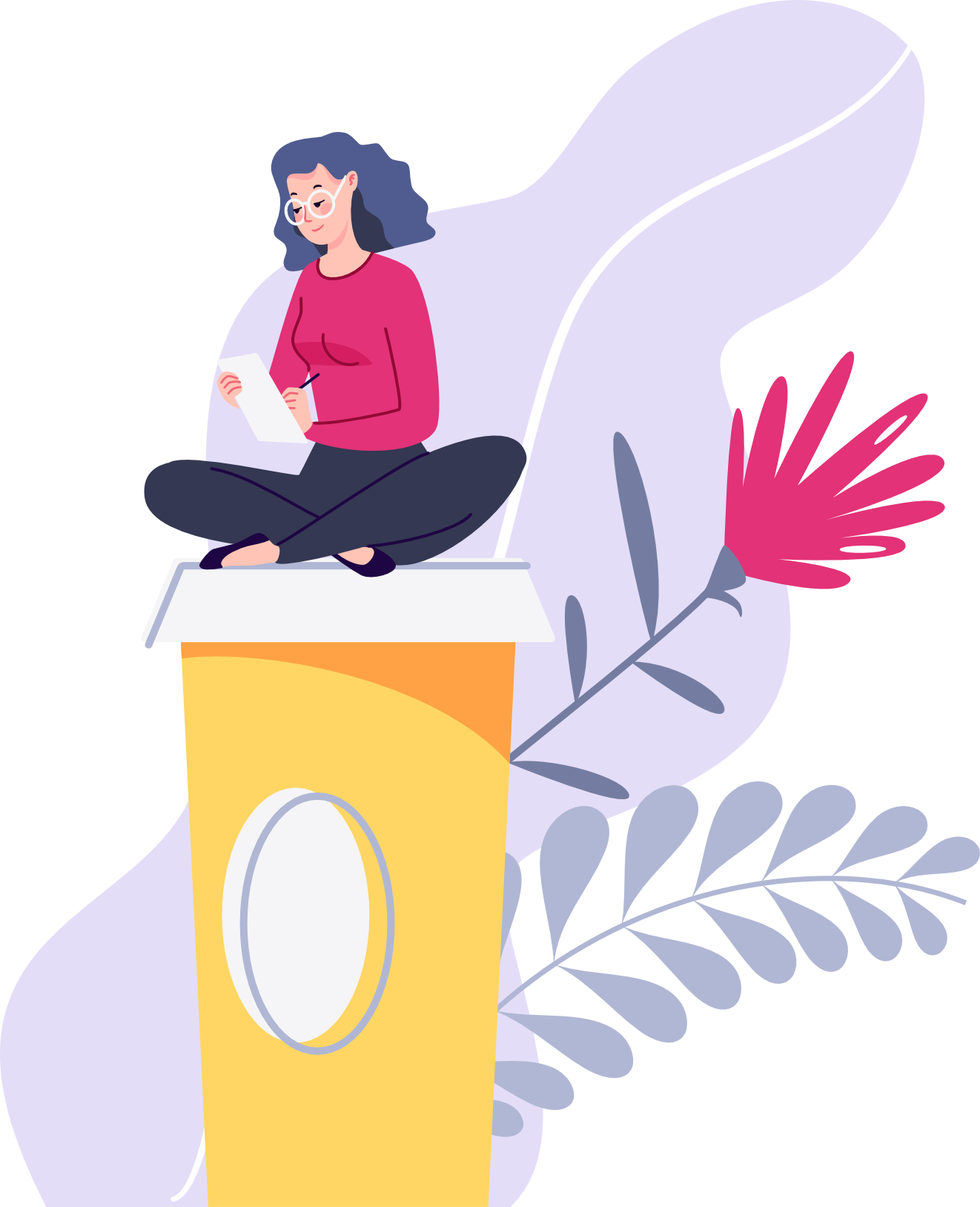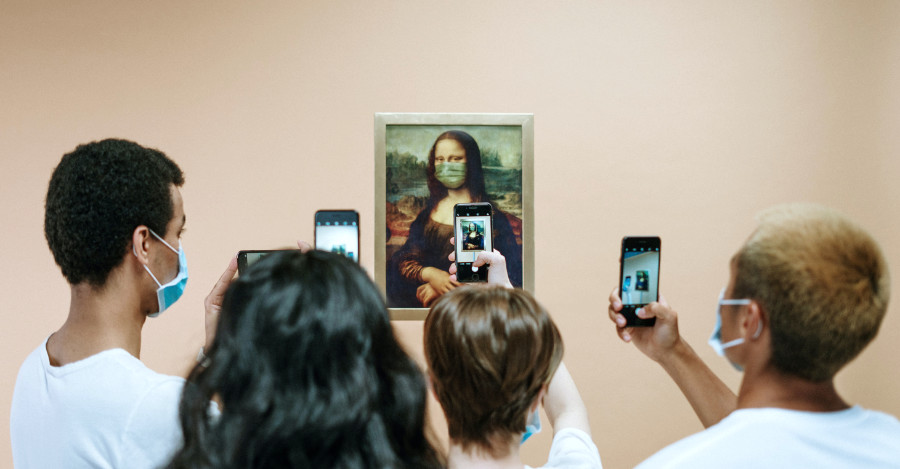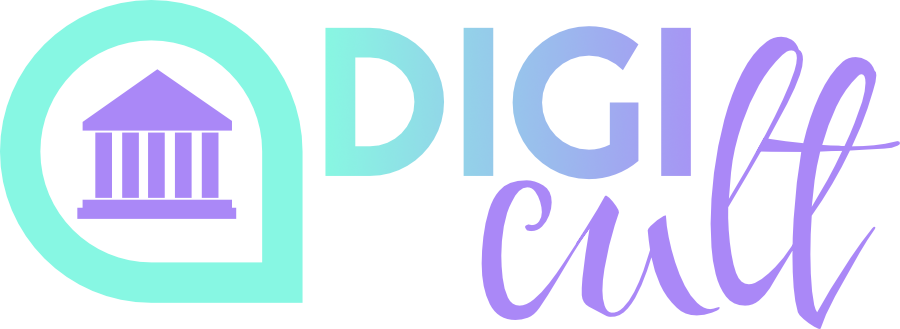Project Result 1
Digital cultural heritage: an innovative curriculum
| MONTHS | M1 | M2 | M3 | M4 | M5 | M6 | M7 | M8 |
Project Result 1 |
Start – end date: M1 01/01/2022 – M8 31/08/2022

Phase Leader: UNIC.
Participating Organisations: CIOFS, TDS, FAI, eMundus, NCK, IZTZG and BJC.
- Activity 1.1: definition of the training methodology, identifying best practices and innovative curriculum so as to manage the challenges of a digitally-empowered education system. Task leader: UNIC.
- Activity 1.2: developing the strategy on how to welcome learners with cultural needs in a digital context. Task leader: TDS.
Result: 1 Final Strategy Paper (as open source). This result will be a collection of all the analyses conducted and will be presented as a paper with a double useful feature. Firstly, all partners will use it as the basis for the future activities of DIGICULT, secondly, since it will be available in open source, it will have a transferability value too: it will also serve as a point of reference for all those who need to get in touch with an updated, international and comprehensive strategy in the sector.
Result Type: Methodologies/guidelines – Methodological framework for implementation.
Result Media: Website, Social Media, Database, Network, Internet, Mailing lists, Text File.
Result Languages: English, Croatian, Italian, Lithuanian, Swedish, Greek.

Activity 1.1
Definition of the training methodology for the following pilot course identifying best practices and innovative curriculum so to manage the challenges presented by a digitally-empowered education system.
Since the scope of DIGICULT is to tackle the use and fruition of culture after the changes that the COVID-19 pandemic brought, all efforts are aimed at imagining and implementing innovative practices, new forms of promotion, communication, access and transmission of cultural heritage.
To do so all partners will perform a study about the most innovative ways to cope with the situation, identifying which are the best cases in the European scenario to be the basis of their next activities.
Starting from the needs of the beneficiaries, a set of criteria will be followed: the most promising examples of how to face and welcome a digital change in the world of culture and cultural heritage will be collected, discussed and recorded at country level.
It is expected to reach a comprehensive overview of the state of the art in all countries and to funnel all results in an exhaustive paper.
The potential of the examples collected is high: they will be discussed and compared at consortium level and then used as inspiration for the e-learning pathway to be developed.
First of all, this activity implies the study of the state of the art in this domain: as task leader the partner UNIC will coordinate the actions and will set the most relevant criteria to be followed for the collection of data.
Then it will provide partners with common guidelines and a simple, agile template for the collection of information at country level. These will serve to increase their knowledge on matters such as:
- a better interaction with technology;
- more efficient learning and teaching practices;
- new approaches integrating digital and learning through practice;
- alternative learning channels;
- flexible and inclusive learning tools;
- engaging ways to tell cultural places.
The partnership will thus perform a survey aimed at identifying the best practices and innovative curricula so to manage the challenges presented by a digitally-empowered education system and to update the scenario about training and education in the field relevant for the project.
Moreover, in view of the training course, partners will carry out a comparative study of the results obtained in order to have a clear picture of what is going on in Europe in this domain. This study will start at M1 (January 2022), after the common guidelines are shared and agreed by the partners, and will imply different methodologies such as the search for best practices, study of the most relevant cases, interviews with professionals in the fields of interest, etc.
Activity 1.2
Developing the strategy on how to welcome different learners with cultural needs in a digital context.
The main focus of this activity will be identifying innovative and successful practices, training and knowledge support needs, existing modules/resources to be further expanded and developed for the project’s objectives and those missing to be developed from scratch.
More specifically partners will work to update the state of the art from different points of view:
- the world of “digital natives” and how it relates to cultural heritage and how much they are aware of the impact of the digital technology in this field;
- the ways of increasing learners’ resilience, taking into account specific and useful competences which can apply to the cultural heritage area and its related processes from a digital point of view;
- to explore how to translate cultural heritage in VET;
- to explore all digital possibilities that can improve digital engagement in cultural heritage;
- to identify a set of skills useful for the beneficiaries.
The most important aspect is the sharing and exchange among countries of the most relevant examples. These will then be sifted by all partners and collected in the final output. This will be a
Strategy paper for all partners to follow through the development of the next phases and it will be the first step towards the creation of an innovative curriculum for the cultural heritage digital education. Also, it will serve as a benchmark for stakeholders and non-partner organisations since it will be published online on the project web site.
Each organisation will provide a report and, on the basis of all data collected at country level, a selection of the most useful practices/inputs will be made.
These will be shared, discussed, compared to one another and elaborated in order to funnel the best and most promising cases/practices/ideas in the final output. The final common document (which will be a final strategy paper) will be developed assembling national reports and optional results from non-partner countries, and including the results of the comparative analysis.
This paper will be both in English and in all national languages.
Moreover, the final strategy paper derived from this work will represent a common ground for the consortium in order to pursue the next activities: the guidelines will lead partners’ efforts for the development of their own DIGICULT e-learning concept and pathway. In fact, the paper will be used by the project partners to design and implement the next phase, and in particular the methodology and the set of modules and resources for implementing the Pilot Course.
The paper, being the conceptual basis of the result 2, will also be made available to non-partners and other stakeholders at national and EU level, to be used for planning further cross-sectorial education activities. This document will be published online on the project website at the end of this first phase.









